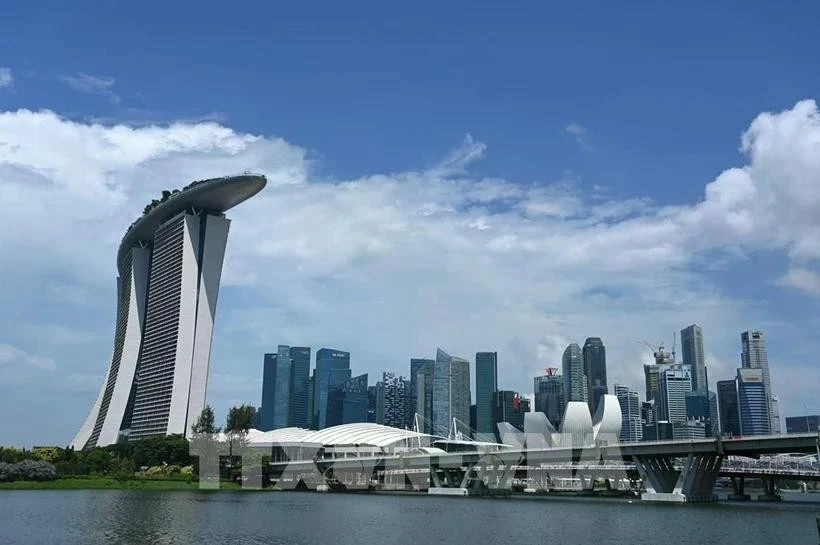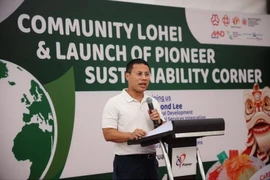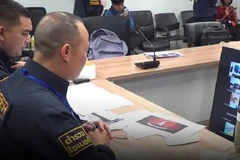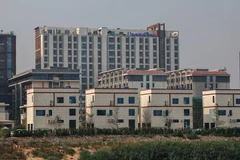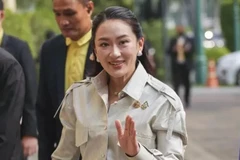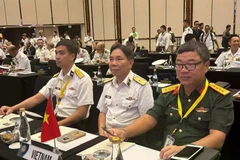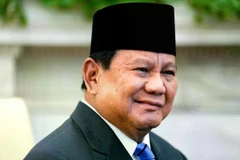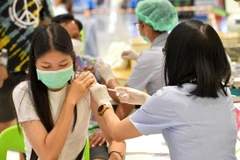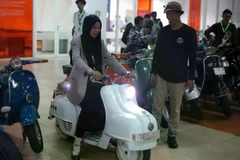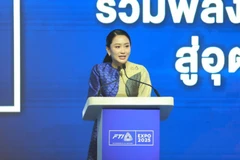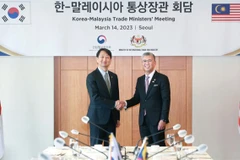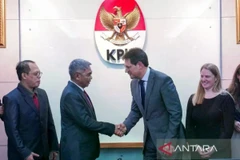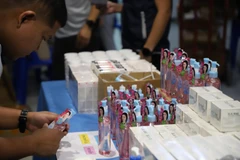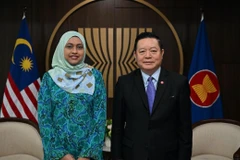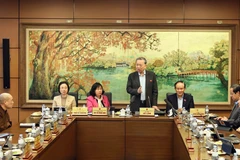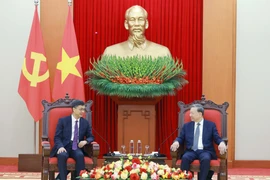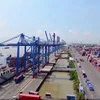Singapore (VNA) – Singapore unveiled a series of support measures for businesses and households in its 2025 national budget, announced on February 18 by Prime Minister and Finance Minister Lawrence Wong.
Under the plan, in addition to a 50% corporate income tax rebate for 2025, eligible businesses will also receive a cash grant of 2,000 SGD (1,500 USD) even if they report no profits, provided they were operational and employed at least one local worker in 2024.
The payments will be disbursed automatically from the second quarter of 2025.
To help residents cope with rising costs, each Singaporean household will receive 800 SGD (600 USD) in Community Development Council (CDC) vouchers, a programme expected to cost the government 1.06 billion SGD this fiscal year.
The budget also prioritises infrastructure investment, including a 5 billion SGD (3.72 billion USD) injection into the Changi Airport Development Fund to expand capacity by over 50% and maintain Singapore’s status as a key global travel and trade hub.
Additionally, Wong announced a 3 billion SGD (2.23 billion USD) boost to the National Productivity Fund and an extra 1 billion SGD (774 million USD) for research and development (R&D).
Notably, the government will explore the feasibility of nuclear energy and take systematic steps to build capacity in the sector.
Wong stressed the need for cleaner energy sources to meet growing demand and reduce carbon emissions./.

Singapore raises alarm over speeding violations in road traffic
Singapore’s Home Affairs and Law Minister K. Shanmugam on February 15 said since 2020, there has been a “very significant” increase in the number of road accidents in the country.
